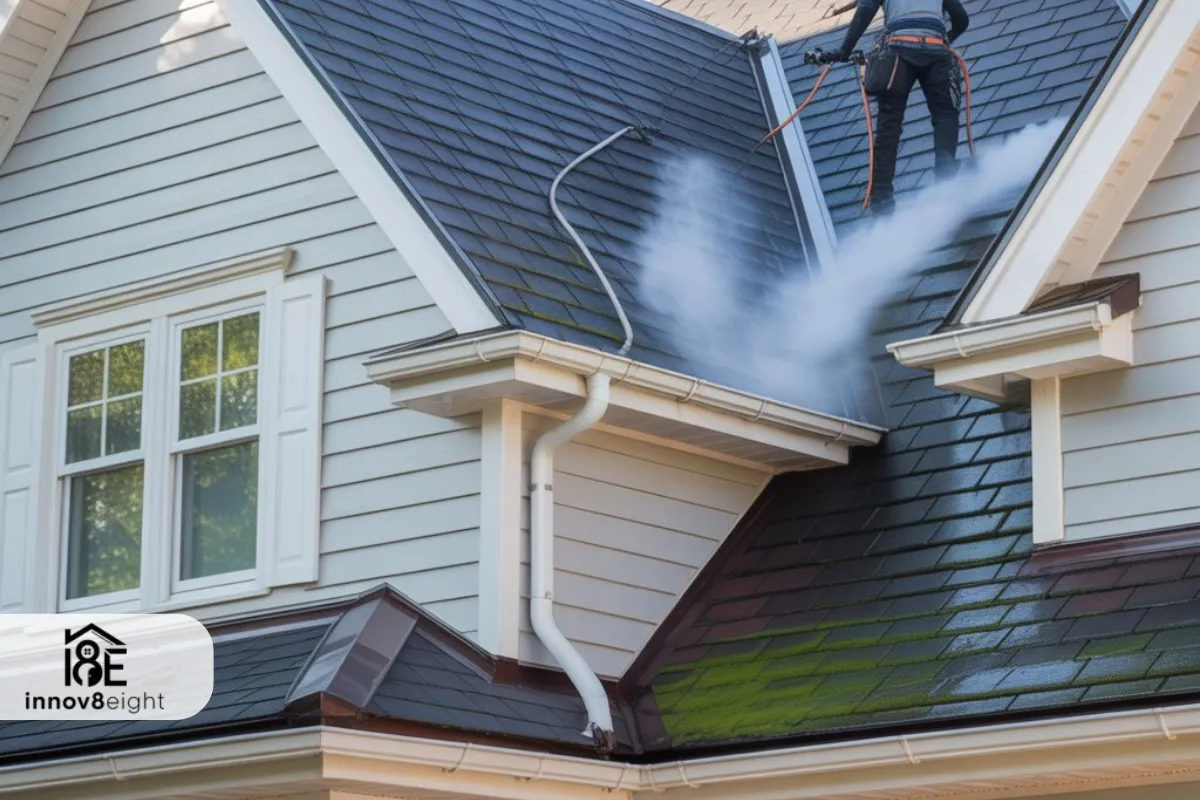California is known for strict regulations in nearly every industry—and home improvement is no exception. One rule that trips up many contractors, handymen, and homeowners is the unlicensed contractor limit. Misunderstanding or ignoring this rule doesn’t just lead to minor setbacks; it can expose you to serious legal and financial risks.
Whether you’re a small contractor trying to grow or a homeowner hiring help, understanding California’s home improvement unlicensed contractor limit is critical to staying compliant and protected.
The $500 Rule: What It Means
California law is clear: any home improvement project with a combined labor and materials cost exceeding $500 requires a licensed contractor. This rule is part of the California Contractors State License Law, governed by the Contractors State License Board (CSLB).
That $500 includes:
- Labor costs (whether hourly, flat-rate, or subcontracted)
- Materials and supplies (tools, hardware, paint, etc.)
- Any fees passed onto the client
Even if a job only uses $250 worth of materials but $300 in labor, it crosses the limit and becomes illegal to perform without a proper license.
Why This Law Exists
The purpose of the unlicensed contractor limit is to:
- Protect homeowners from unqualified work
- Ensure contractors follow California safety codes
- Prevent tax evasion and worker misclassification
- Maintain fair business competition
Contractor licensing is not just about skill—it’s also about accountability. A licensed contractor has insurance, a bond, and often years of experience that protect both parties in a contract.
Who This Affects
Unlicensed Contractors
If you’re working under the $500 limit consistently to avoid getting licensed, you’re walking a legal tightrope. Even a minor miscalculation in material cost or time could push you over the threshold.
And if you advertise or imply you’re licensed without actually holding one, that’s a misdemeanor—punishable by:
- Fines of up to $15,000
- Six months in county jail
- Civil penalties and restitution
Homeowners
If you hire an unlicensed contractor for work over $500, you lose key legal protections. You may not be able to:
- Claim damages for poor workmanship
- File complaints with CSLB
- Rely on bonding for project failures
- Receive workers’ comp protection if a worker is injured
Worse, if the worker gets hurt, you could be liable as the de facto employer.
Legal Risks of Violating the Limit
The consequences of violating this rule are more than a slap on the wrist. Here’s what contractors—and even homeowners—can face:
1. Criminal Charges
Contracting without a license is a criminal offense in California. First offenses are usually misdemeanors, but repeat violations can lead to felony charges.
2. Financial Penalties
Penalties can include:
- Administrative fines from CSLB
- Restitution to homeowners
- Civil lawsuits for fraud or negligence
If you lose in court, you may be forced to return all payments—even if the job was completed well.
3. Courtroom Disadvantages
Unlicensed contractors have almost no legal standing in court. California law often bars them from suing to recover unpaid labor or material costs—no matter the situation.
In short: if you’re unlicensed and do a $1,000 job, and the homeowner refuses to pay you, you can’t sue for it.
Real Case Example
Case: People vs. Martinez (2020)
An unlicensed handyman in Los Angeles was hired to remodel a bathroom. The total cost: $5,200. The client later discovered that plumbing was not up to code and reported him.
The CSLB fined him $10,000, revoked his business registration, and barred him from advertising services for 5 years. He was also forced to refund the full job cost despite completing most of the work.
Exceptions and Gray Areas
There are very few exceptions to California’s contractor license requirements. However, some areas remain confusing:
Maintenance vs. Improvement
Basic maintenance, such as replacing a faucet or painting a wall, might not be considered “home improvement” if the total cost stays under $500. But any structural, electrical, or mechanical work qualifies as a home improvement, no matter how minor.
Multiple Projects
You cannot divide a large project into smaller $499 tasks to avoid licensing. The law evaluates the total value of related work, not just individual invoices.
Example: Painting two rooms separately at $499 each would still be considered one $998 project if arranged under the same contract or scope of work.
How to Stay Compliant
1. Get Licensed
If you do any home improvement work in California that might exceed $500, it’s worth applying for a contractor license. To qualify, you must:
- Be at least 18 years old
- Have 4 years of journeyman-level experience
- Pass the CSLB trade and law exam
- Submit fingerprints for background check
- Show proof of bonding and insurance
2. Know Your Numbers
Track your job estimates carefully. Include:
- Materials
- Equipment rentals
- Labor hours
- Subcontracted services
3. Be Transparent With Clients
Let your clients know upfront if you are or are not licensed. If you’re doing a minor repair under the limit, state it clearly and avoid overpromising capabilities.
Resources to Help
- CSLB License Check Tool
- Get Licensed in CA
- Statewide Consumer Protection Guide (PDF)

FAQs
Is the $500 limit for each trade or the whole project?
It applies to the total cost of labor and materials for the entire job, not per trade or task. Splitting projects to stay under $500 is not allowed.
Can a homeowner do work over $500 themselves?
Yes, homeowners can work on their own properties. However, if they hire help, that person must be licensed if the cost exceeds $500.
Are permits required under $500?
Permit requirements are separate from licensing. Even if a job is under $500, it might still require a permit depending on the type of work.
Can I advertise home improvement services without a license?
No. It is illegal to advertise or offer services that require a license unless you clearly state that you are not licensed, and the job value remains under $500.
Final Thoughts
The California home improvement unlicensed contractor limit is more than a regulatory footnote—it’s a powerful legal boundary that protects homeowners and professionalizes the construction industry. Whether you’re a small-scale handyman or an expanding contractor, staying on the right side of this rule is essential for your business reputation and legal security.
When in doubt, always estimate your project costs honestly and pursue the appropriate licensing. It’s not just good practice—it’s the law.













